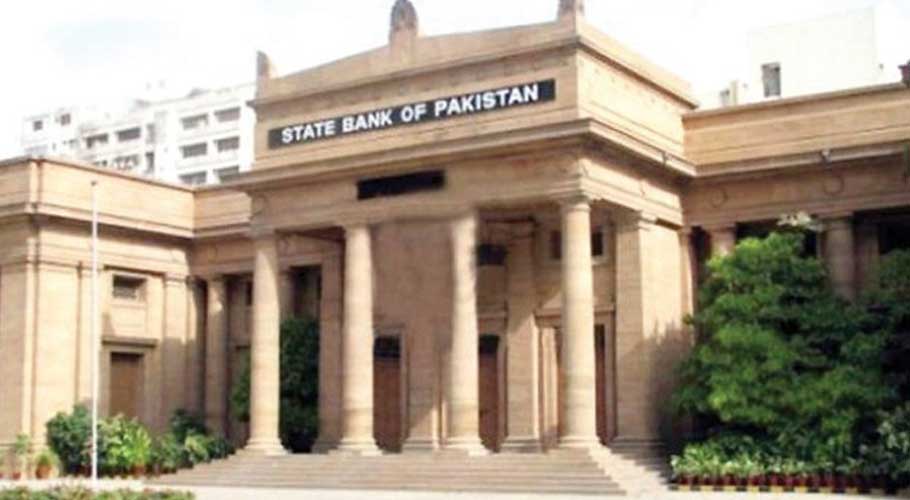KARACHI: The State Bank of Pakistan (SBP) has received $2.75 billion from the International Monetary Fund (IMF) under its new allocations for member countries to fight against Covid-19 challenges, the central bank confirmed through a tweet on Tuesday.
“SBP has received US$ 2.75 billion from the IMF, as part of SDR allocation announced by IMF recently,” the central bank tweeted Tuesday morning. The latest receipt is expected to lift the country’s foreign currency reserves to an all-time high of $20.4 billion.
Pakistan was due to receive the amount on August 23 from International Monetary Fund’s (IMF) general allocations of $ 650 billion that had been approved to boost global liquidity amid the coronavirus pandemic across the globe.
The new allocations are aimed at elevating the member countries’ foreign exchange reserves to enhance their capacity to make international payments for imports and foreign debt repayments as well as enhance the pace of global economic recovery from the impact of the ongoing health crisis.
The inflows have not only improved Pakistan’s capacity to make international payments but also enhanced its ability to arrest the current depreciation in rupee against the US dollar and other major currencies of the world.
This was the second time that IMF allocated funds for its member countries amid Covid-19 outbreak to cope up with the contagious disease. In April 2020, it disbursed $1.4 billion to Pakistan.
The board of governors of the IMF approved a general allocation of Special Drawing Rights (SDRs) equivalent to $650 billion (about SDR 456 billion) on August 2, 2021 to boost global liquidity.
“This is a historic decision – the largest SDR allocation in the history of the IMF and a shot in the arm for the global economy at a time of unprecedented crisis,” IMF Managing Director Kristalina Georgieva said in the statement issued on August 2.
“The SDR allocation will benefit all members, address the long-term global need for reserves, build confidence and foster the resilience and stability of the global economy. It will particularly help our most vulnerable countries struggling to cope with the impact of the Covid-19 crisis,” the IMF official added.


































